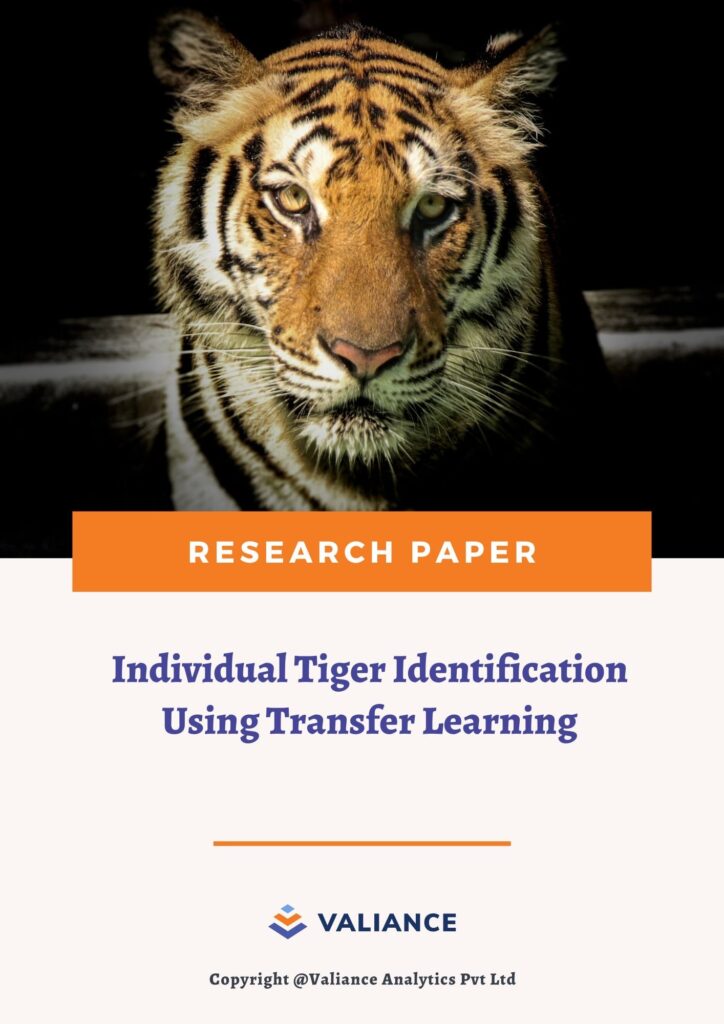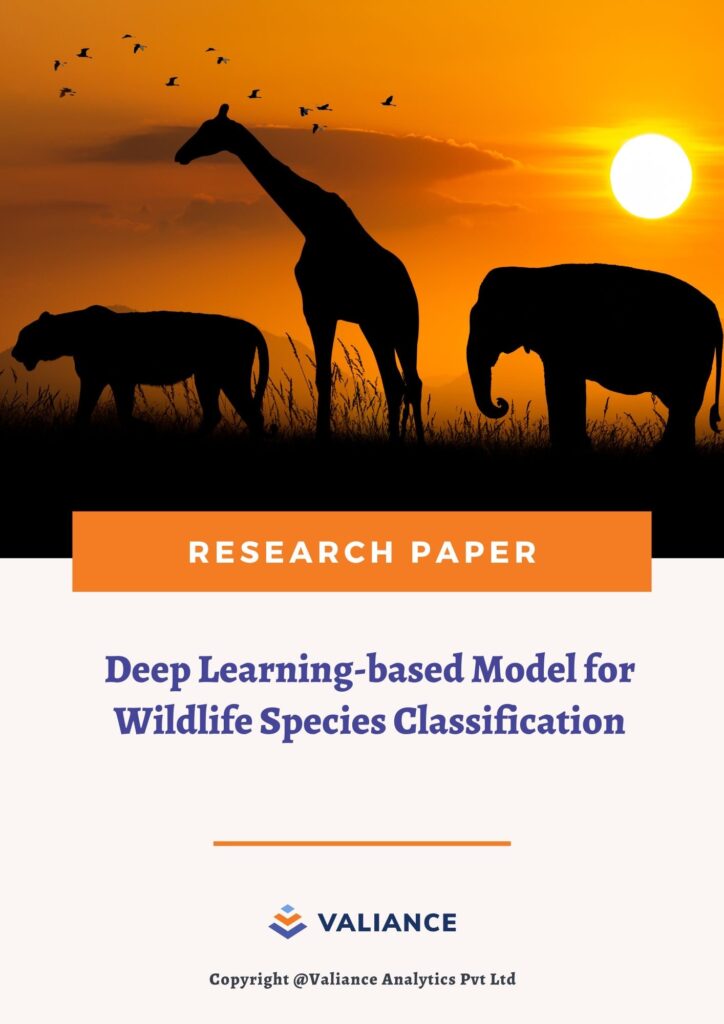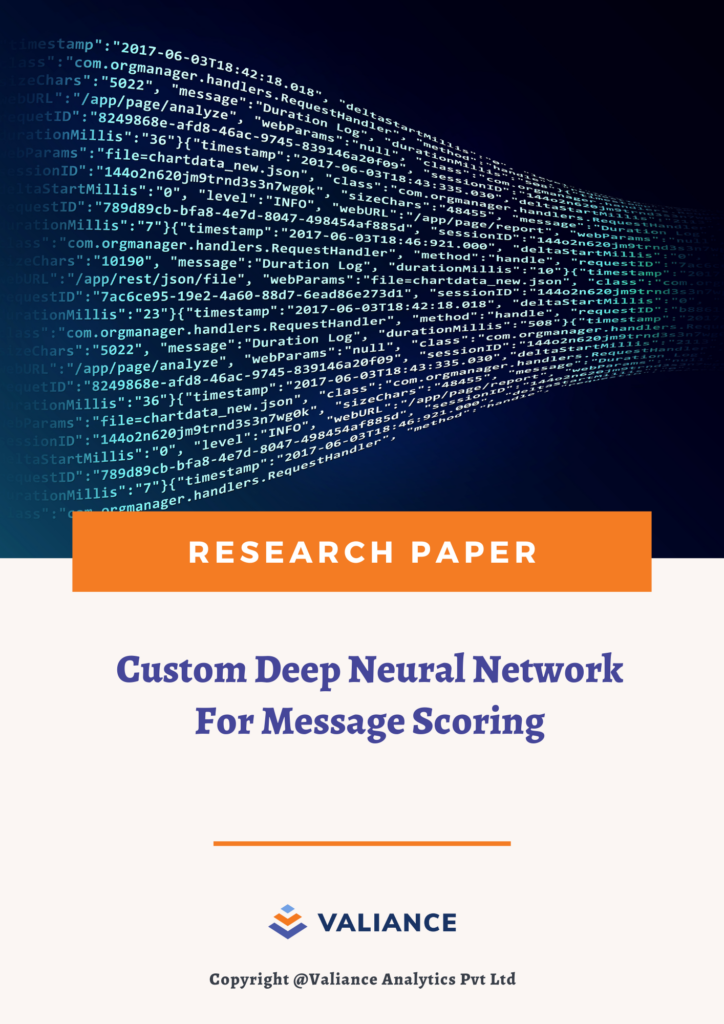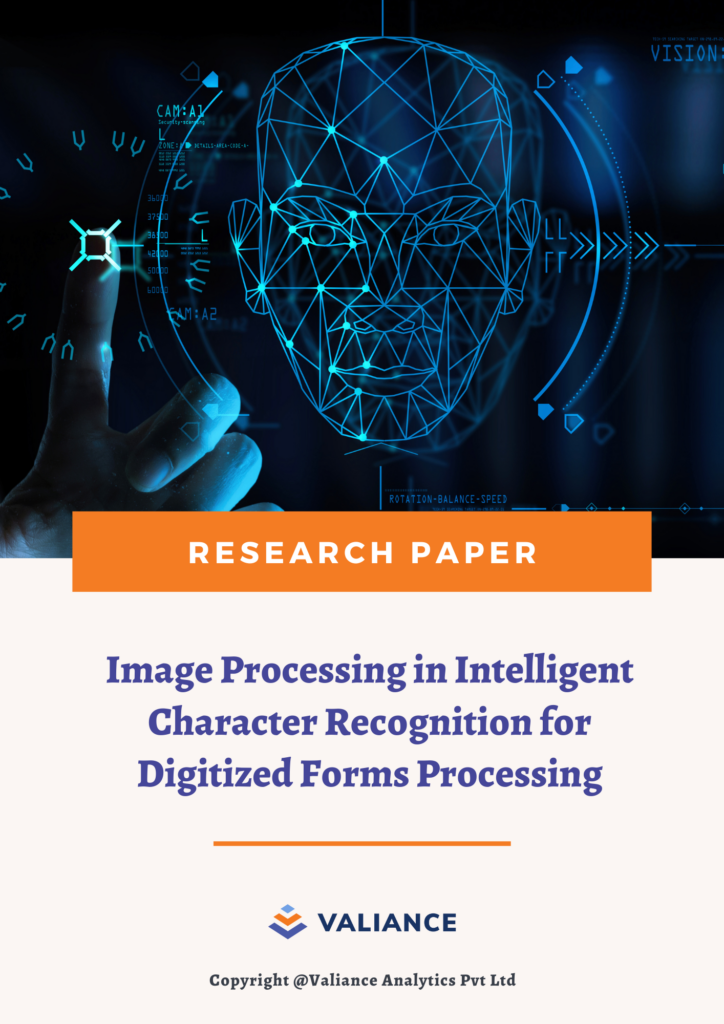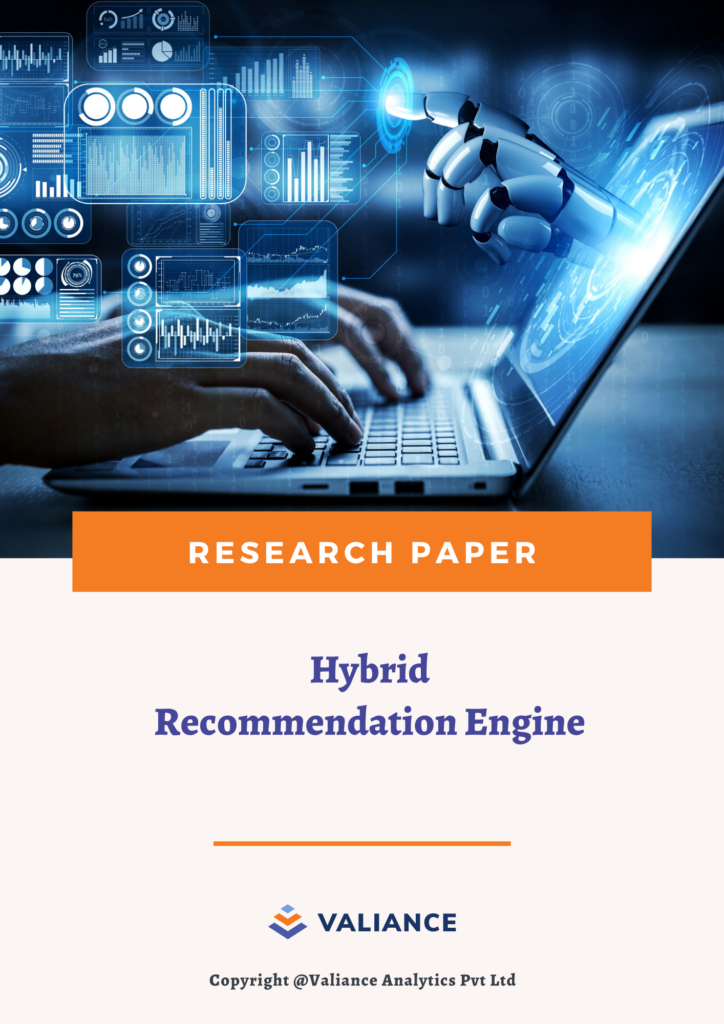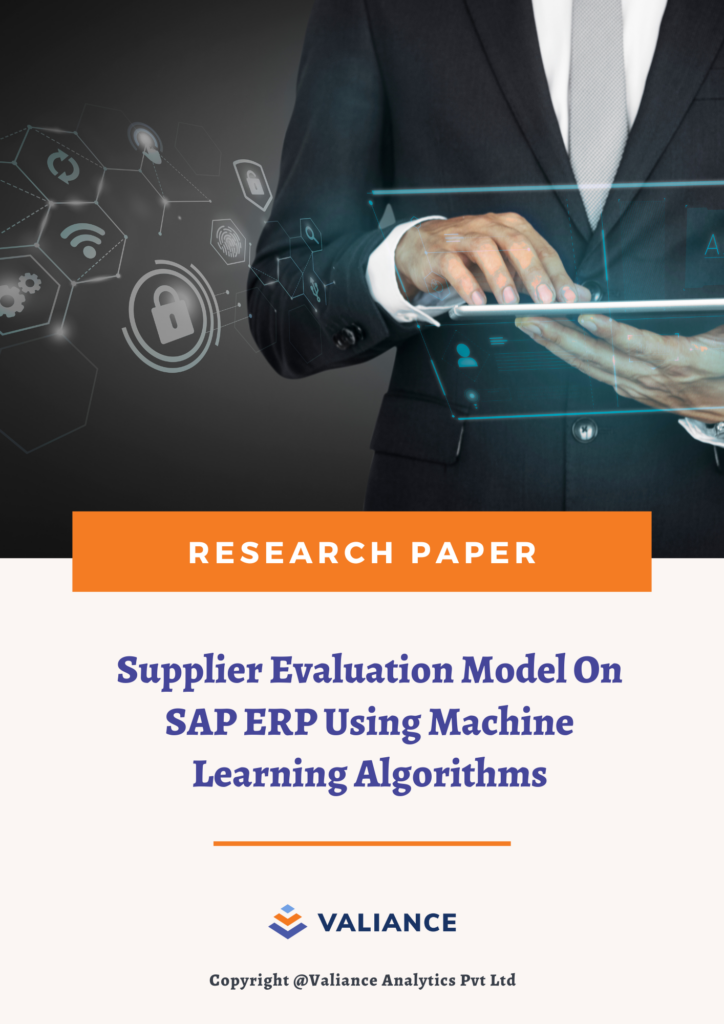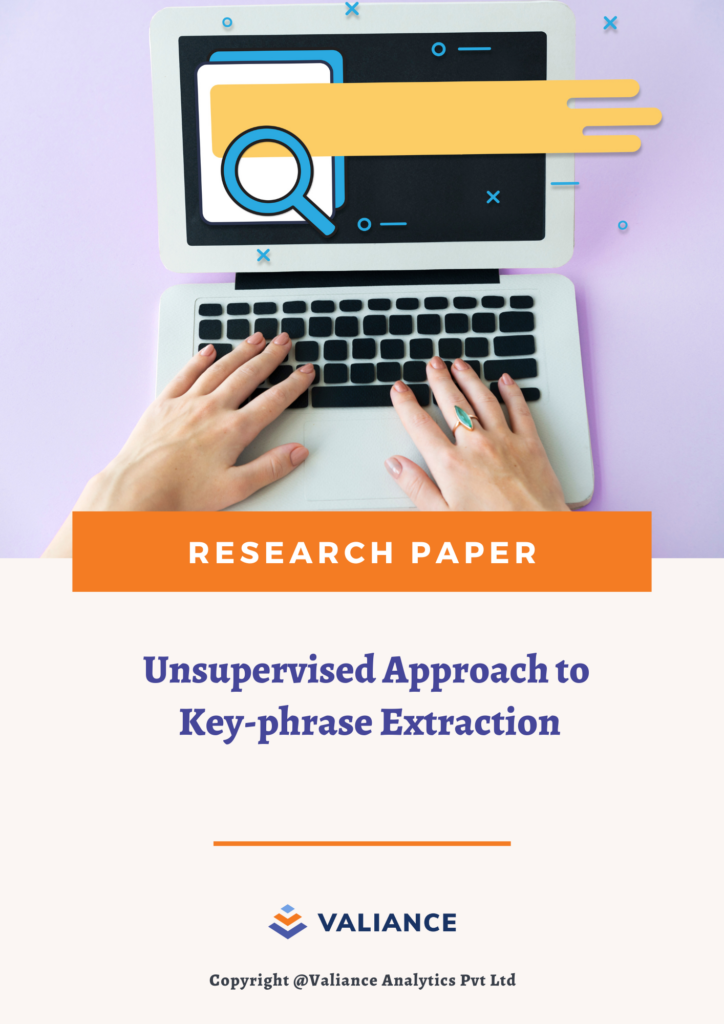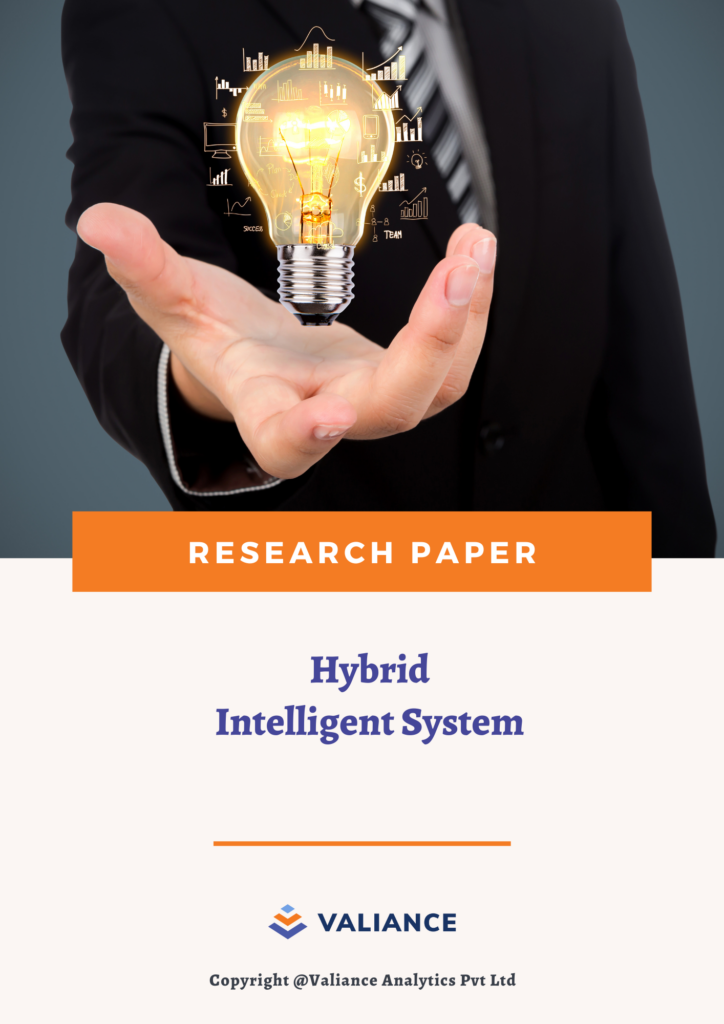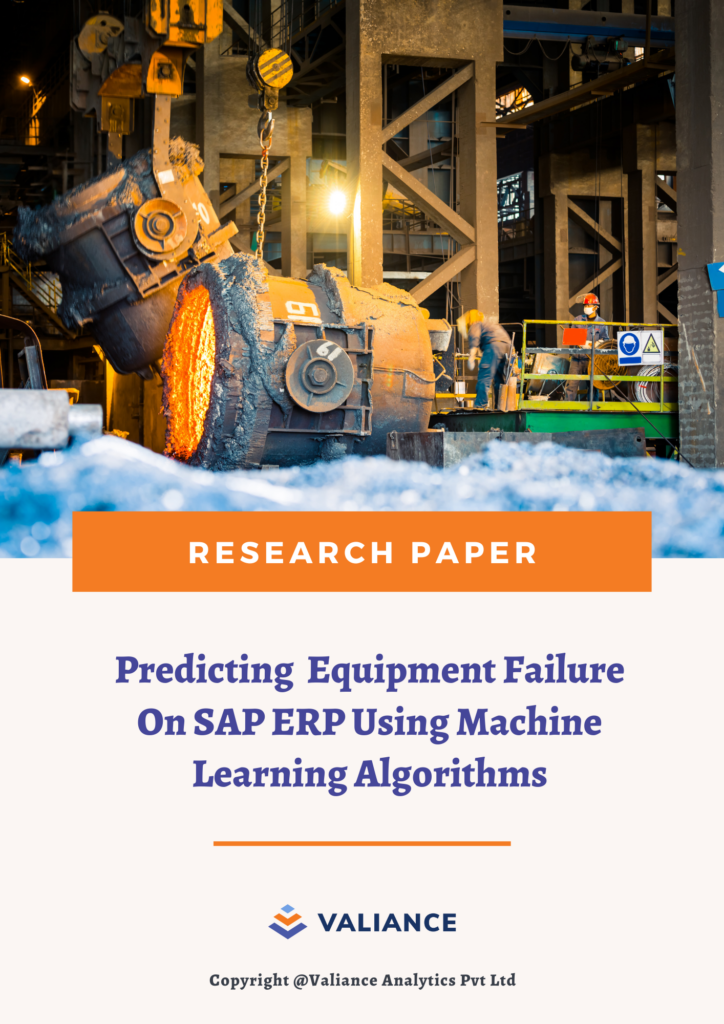Individual Tiger Identification Using Transfer Learning
Paper Title: Individual Tiger Identification using Transfer Learning Authors: Shailendra Singh Kathait, Co-Founder and Chief Data Scientist, Valiance Analytics Pvt. Ltd., Noida, Uttar Pradesh Vaibhav Singh, Data Scientist, Valiance Analytics Pvt. Ltd., Noida, Uttar Pradesh Ashish Kumar, Principal Data Scientist, Valiance Analytics Pvt. Ltd.,Noida, Uttar Pradesh Summary: The research paper “Individual Tiger Identification using Transfer Learning” presents a novel approach to classify images of tigers into their respective classes, where each class represents an individual tiger. The study leverages deep learning models, specifically the integration of YOLOv8 and EfficientNetB3 models through transfer learning, to accurately identify individual tigers from a dataset of images collected via motion-activated cameras in a large tiger reserve. The paper outlines the significance of individual animal identification for wildlife preservation, particularly in tracking movements and understanding the population density of tigers in their natural habitats. The existing challenge is the classification of species into individual entities, a task made difficult due to the high similarity between individuals of the same species and the vast differences in environmental conditions in which images are captured. The methodology proposed involves a two-step process. Initially, the YOLOv8 model is employed for object detection to create bounding boxes around tigers in images, despite inaccurately labeling them as zebras. This step is crucial for focusing on the tiger within each image, despite the background complexity. Subsequently, the EfficientNetB3 model, pre-trained on the ImageNet dataset, is fine-tuned for the specific task of tiger identification, using a dataset comprising images of 98 unique tigers. This subset was selected based on a minimum availability of 15 images per tiger, from a larger pool of 192 tigers, to ensure sufficient data for reliable model training. Data augmentation techniques, including rotation, horizontal flipping, width and height shifts, and zooming, were employed to address the issue of class imbalance and enhance the robustness of the model. The paper discusses the importance of data preprocessing and augmentation in detail, emphasizing the need for a standardized image resolution and the creation of a balanced training dataset to improve model accuracy. The results demonstrate the model’s high efficiency, achieving a validation accuracy of over 85% and a test accuracy of 88.49% across 98 different tiger classes. The performance is underscored by the precision and recall values, indicating the model’s reliability in individual tiger identification. The paper also discusses the challenges encountered, such as the variability in feature descriptor counts across different images of the same tiger, and the impact of varying backgrounds on SIFT feature extraction results. To conclude, the paper highlights the potential of deep learning and transfer learning in wildlife conservation efforts, particularly in individual animal identification. It suggests that future research could expand the model’s applicability to different geographical locations and diverse environmental conditions, further enhancing its accuracy and robustness. The ultimate goal is to facilitate real-time monitoring of tigers, contributing to better understanding and sustainable human-wildlife interactions. Download Research Paper

